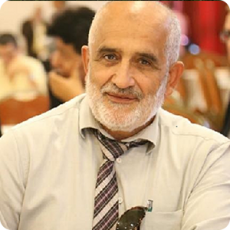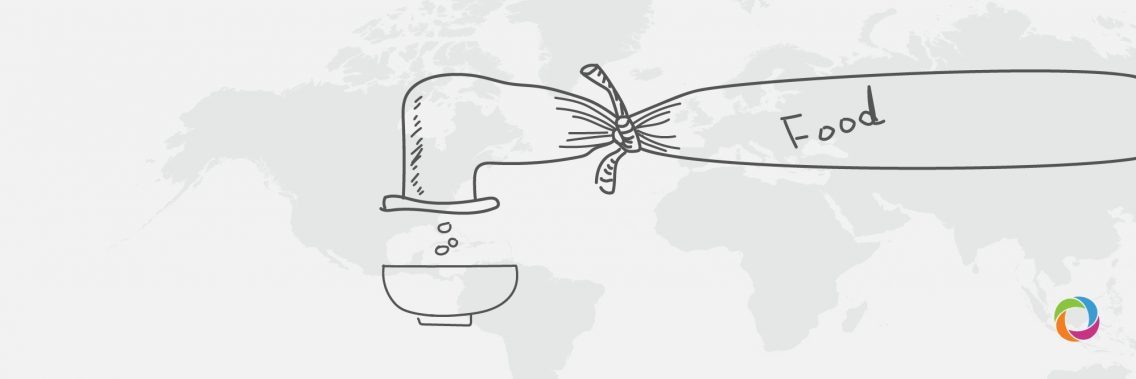More than 820 million people worldwide are still going hungry, according to a recent UN report. Hunger has been on the rise over the past three years, after a decade of decline. We asked professionals with experience in food policies why global hunger is on the rise and what the international community can do to counteract it.

“Global hunger is on the rise because of fully automated production lines which decrease the workforce. On the other hand, the industry is concentrated in developed countries while the raw materials exist in undeveloped countries which have a high rate of unemployment. The international community can reduce hunger by establishing projects in undeveloped countries to undertake the packaging of all existing raw materials.”

“In my opinion, world hunger is likely to increase under the now inevitable conditions of catastrophic climate change. The best strategy to counteract this is to adapt, primarily by increasing crop diversity, supporting small sustainable farms, relocating agricultural production in a timely manner and working towards an international food security pact for mutual aid. Secondly, we need to mitigate climate change by reducing emissions from land-use changes, such as deforestation, while protecting prime agricultural land from encroaching urban development. Priorities should apply so that agricultural land is used to produce food for direct human consumption rather than for animal feed, and healthy nutritious food rather than industrial crops (oil/, sugar) that compromise human health.”

“I believe global hunger is on the increase because resources allocated to fund agriculture and support agribusiness schemes are inadequate. The most effective way of reducing hunger is to assist farmers and agri-processers to increase output. One of the targets agreed under the Maputo declaration is for governments of developing countries to increase resources allocated to the agricultural sector to 10% of the GDP. This is not happening and has contributed to rising hunger. Farmers are hardworking but poor. If they are assisted with funds, markets, and technical skills to improve their production, processing and distribution activities, hunger will decline.”

“Unequivocally, this unprecedented trend is due to protracted conflicts (especially in the Middle East and parts of Central and Eastern Africa) as well as an increasing magnitude of climate-related disasters such as droughts, floods and storms. However, the international community has a role to play in reducing hunger. The solution to world hunger requires investment in various inter-related activities. First would be improving early warning and early action. There are several early warning systems currently in place including FEWS NET, FAO’s GIEWS and WFP’s Corporate Alert System. Another solution is increasing access to contingency financing. Also, investing in disaster management efforts, including index insurance, terracing, diversifying livelihoods and the construction of water catchment technologies can help to reduce food insecurity while also reducing vulnerability.”
Here you can check all the organizations fighting against global hunger to see if they have open positions for you.

